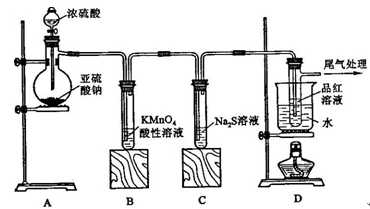阅读理解。
Someday a stranger will read your email without your permission or scan the websites you've
visited. Or perhaps someone will casually glance through your credit card purchases or cell phone
bills to find out your shopping preferences or calling habits.
In fact, it's likely some of these things have already happened to you. Who would watch you
without your permission? It might be a girlfriend, a marketing company, a boss, a policeman or a
criminal. Whoever it is, they will see you in a way you never intended to be seen-the 21st century
equal to being caught naked(裸露的).
Psychologists tell us boundaries are healthy, though it's important to reveal(透露) yourself to
friends, family and lovers in stages, at appropriate times. Actually few boundaries remain.
The digital breadcrumbs(面包屑) you leave everywhere make it easy for strangers to reconstruct
who you are, where you are and what you like. In some cases, a simple Google search can reveal
what you think, like it or not, increasingly we live_in_a world where you simply cannot keep a secret.
The key question is:Does that matter? For many Americans, the answer apparently is "no".
When opinion polls ask Americans about privacy, most say they are concerned about losing it.
A survey found a majority of people are pessimistic about privacy, with 60 percent of respondents
saying they feel their privacy is "slipping away, and that bothers me".
But people say one thing and do another. Only a small part of Americans change any behaviors
in an effort to preserve their privacy. Few people turn down a discount at tollbooths(收费亭) to avoid
using the EZPass system that can track(跟踪) automobile movements. And few turn down supermarket
loyalty cards. Privacy economist Alessandro Acquits has run a series of tests that reveal people will
submit personal information like Social Security numbers just to get their hands on a pitiful 50centsoff
coupon(优惠券).
But privacy does matter-at least sometimes. It's like health; when you have it, you don't notice it.
Only when it's gone do you wish you'd done more to protect it.
1. What would psychologists advise on the relationships between friends?
A. There should be a distance even between friends.
B. There should be fewer quarrels between friends.
C. Friends should always be faithful to each other.
D. Friends should open their hearts to each other.
2. Why does the author say "we live in a world where you simply cannot keep a secret"?
A. There are always people who are curious about others' affairs.
B. Many search engines profit by revealing people's identities.
C. People leave traces around when using modern technology.
D. Modern society has finally developed into an open society.
3. What do most Americans do with regard to privacy protection?
A. They change behaviors that might disclose their identity.
B. They talk a lot but hardly do anything about it.
C. They rely more and more on electronic equipment.
D. They use various loyalty cards for business deals.
4. According to the passage, privacy is like health in that________.
A. its importance is rarely understood
B. it is something that can easily be lost
C. people will make every effort to keep it
D. people don't treasure it until they lose it

